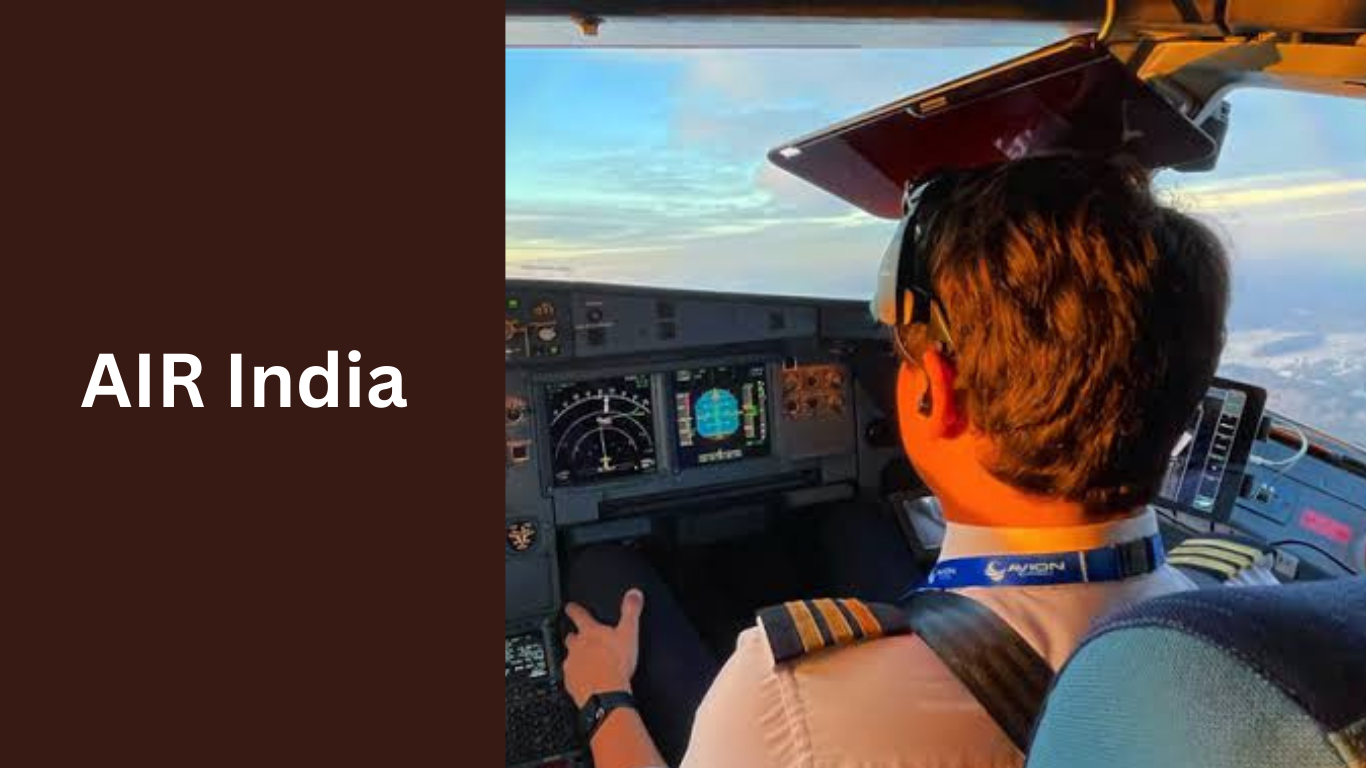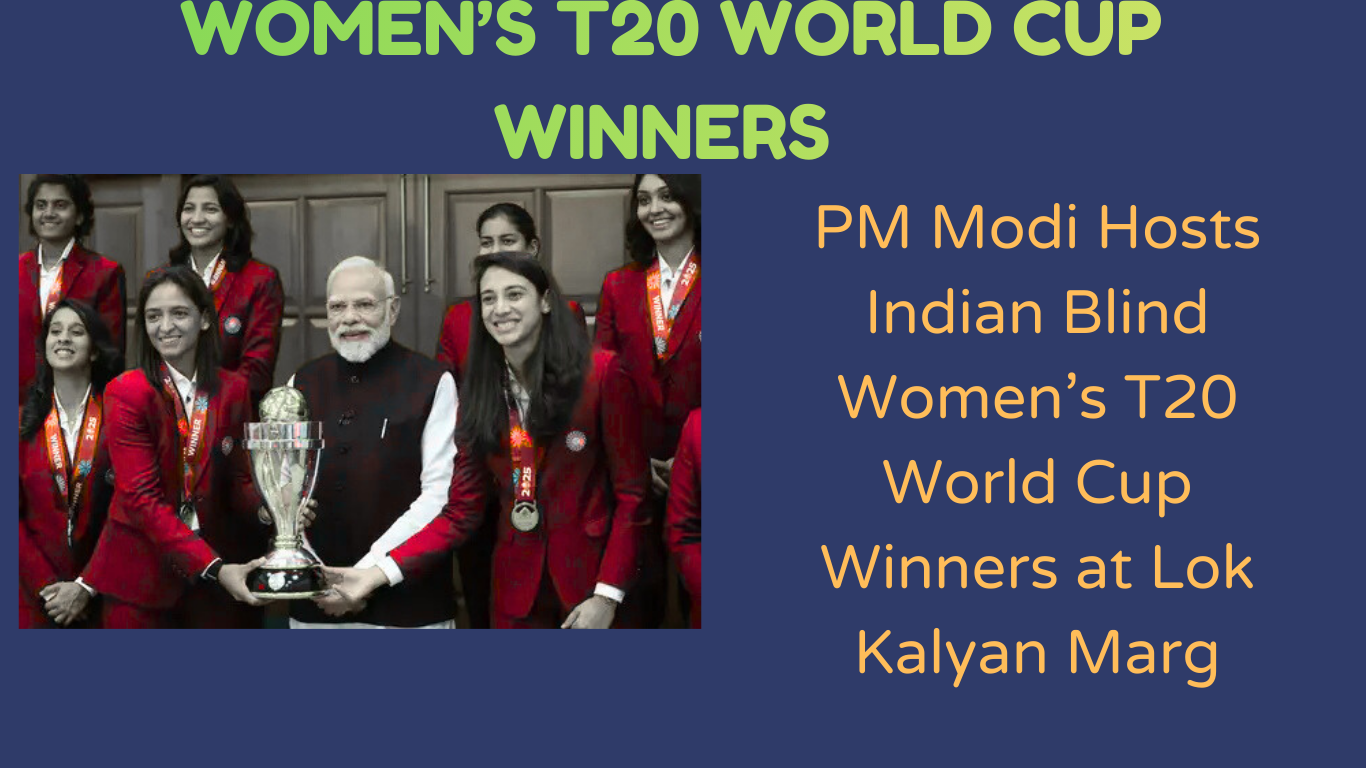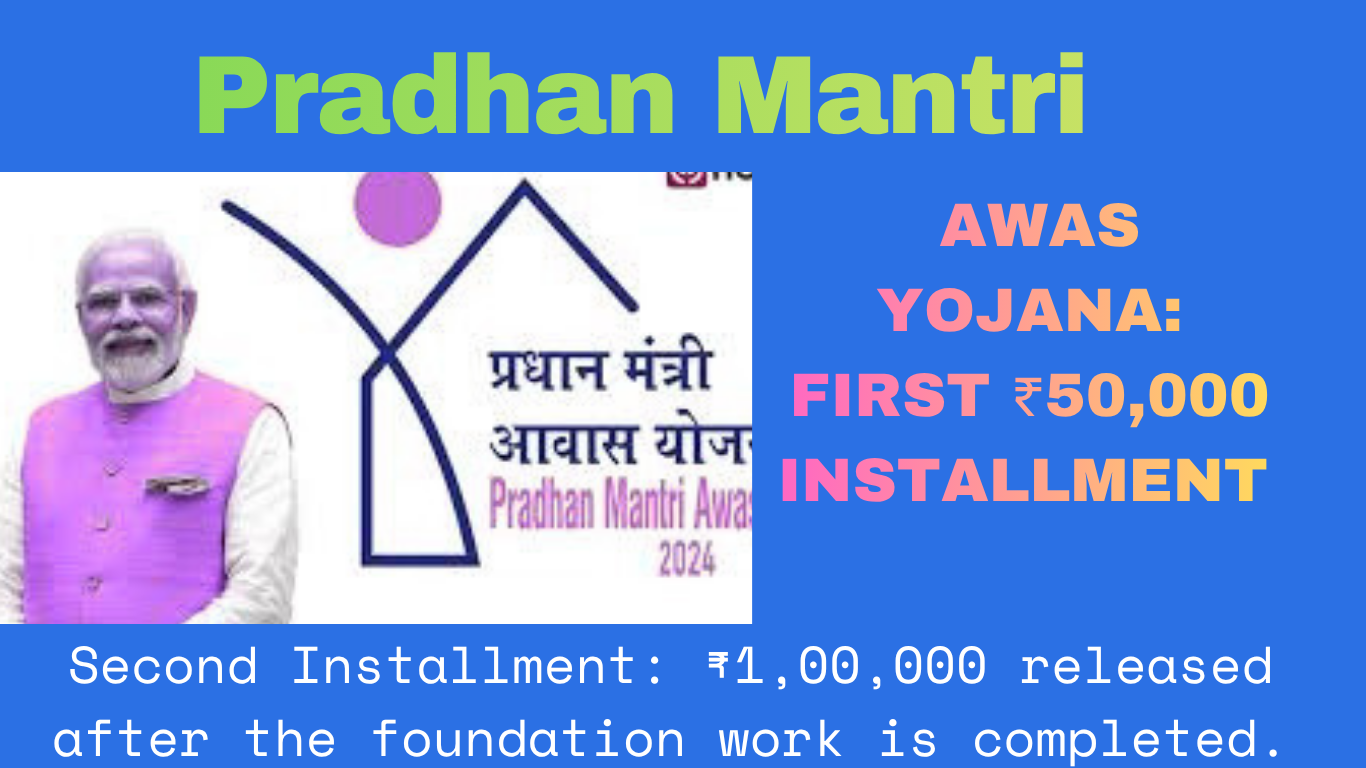"Indian pilots’ association rightly defends the Air India crash crew, urging fairness and due process over blame."
When tragedy strikes in aviation, the pressure to find answers can sometimes give way to speculation, finger-pointing, and sensationalism. Following the devastating crash of Air India Flight 171 in June—which claimed the lives of *260 people, including those onboard and on the ground—such speculation has already begun to swirl. But now, *India’s pilots’ community is pushing back
In a strongly worded statement, the Indian Commercial Pilots’ Association (ICPA) has come out in defense of the flight crew, urging the public and media to resist drawing premature conclusions and to treat the investigation with the seriousness and sensitivity it deserves.
“To casually suggest pilot suicide without verified evidence is a gross violation of ethical reporting and a disservice to the dignity of the profession,” said the ICPA in their official statement.
Table of Contents
What We Know So Far
The preliminary report into the crash was released recently by Indian aviation authorities, with involvement from experts representing Boeing, General Electric, the U.S. and U.K., and Indian regulators. It provides a chilling but still inconclusive picture of what may have gone wrong
According to the report, the Boeing 787 Dreamliner took off from Ahmedabad en route to London Gatwick on *12 June, carrying **242 people. Moments after takeoff, *both fuel control switches in the cockpit somehow moved to the “cut-off” position, abruptly shutting off fuel supply to the engines. The crew attempted to correct the issue by returning the switches to the “run” position, but the aircraft lost altitude and crashed within seconds.
The cockpit voice recording captures one pilot asking the other why the switches were moved to cut-off, with the second responding that they didn’t do it. The recording does not identify who said what. Meanwhile, *one passenger miraculously survived, while *19 people on the ground were also killed.
Pilots Under Fire—Too Soon?
The cause of the switch movement remains unclear. Experts say these controls are *intentionally hard to move by accident, requiring a pull-and-flip action and shielded by guard brackets. Despite this, and in the absence of a definitive answer, *some media outlets and social media users have floated theories—ranging from mechanical error to pilot suicide.
This is what has prompted such a forceful response from the ICPA and ALPA India (Airline Pilots’ Association of India), both of which have taken issue with speculative reporting that appears to place premature blame on the flight crew.
ICPA: “They Followed Protocols Under Stressful Conditions”
The ICPA insists that the pilots were *rested, **medically cleared, and had passed their pre-flight checks, including breathalyzer tests. They had flown into Ahmedabad the previous day and were deemed *fit to fly.
“The crew acted in line with their training and responsibilities under challenging conditions,” the ICPA emphasized. “They shouldn't be vilified based on conjecture.”
This is more than a simple defense of colleagues. The ICPA argues that *reckless speculation, especially by the media, has the power to shape public opinion, interfere with due process, and inflict pain on the families of the deceased. The association called for *restraint until the final report is published, which could take up to a year.
Mechanical Red Flags: A History of Fuel Switch Concerns
The preliminary investigation also raised an important point: in 2018, the U.S. Federal Aviation Administration (FAA) issued an advisory bulletin noting that some Boeing 737 fuel control switches were installed with disengaged locking features. The same switch design was used in the Boeing 787-8 variant that crashed in June.
However, since the bulletin was *not an Airworthiness Directive (AD)—a legally binding instruction—it was **advisory in nature. As a result, **Air India did not carry out the suggested inspections. The FAA stated that while the issue had been identified, it *did not believe it posed a serious safety risk at the time.
This piece of history, ALPA India says, *cannot be ignored. The union has demanded *clarity on whether Air India followed up on the advisory and has questioned why more scrutiny wasn’t applied to an issue already flagged years earlier.
Lack of Transparency?
Adding another layer of complexity, ALPA India also criticized the *secrecy surrounding the investigation, stating that *qualified pilot representatives were not invited to participate in the probe. The union believes that without independent pilot voices at the table, the process may lack transparency and could potentially lean toward blaming human error without adequate technical evidence
“We feel that the investigation is being driven in a direction presuming the guilt of pilots,” said ALPA India president, Captain Sam Thomas. “We strongly object to this line of thought.”
Both associations have asked to join the investigation as observers, not just for transparency’s sake but also to contribute relevant expertise from a pilot’s perspective.
The Government’s Position: “No Conclusions Yet”
India’s Civil Aviation Minister Ram Mohan Naidu has also weighed in, urging media and the public not to jump to conclusions. Speaking after the release of the preliminary report, he emphasized the importance of allowing the investigation to take its course.
> “Let us wait for the final report,” he said. “Our pilots and crew are the backbone of Indian aviation. We should not cast doubt on their professionalism without proof.”
It’s a sentiment that echoes the message from pilots’ unions: honor the process, don’t rush to judgment.
Why This Matters
Aviation safety depends not just on engineering, maintenance, and procedures, but also on trust—between passengers and airlines, between regulators and operators, and yes, between the public and pilots. When tragedy strikes, that trust can be tested. But undermining it prematurely, based on incomplete data or media narratives, is not just unfair—it’s dangerous.
The families of the victims deserve truth, not assumptions. The flight crew, now unable to defend themselves, deserve a fair and thorough investigation. And the flying public deserves reforms based on *facts, not *theories.
Let the investigators do their job. Let the final report speak. Until then, as the ICPA and ALPA India rightly put it: speculation—especially of a grave nature—must be condemned.
Stay updated with the latest news and alerts — follow us at racstar.in












